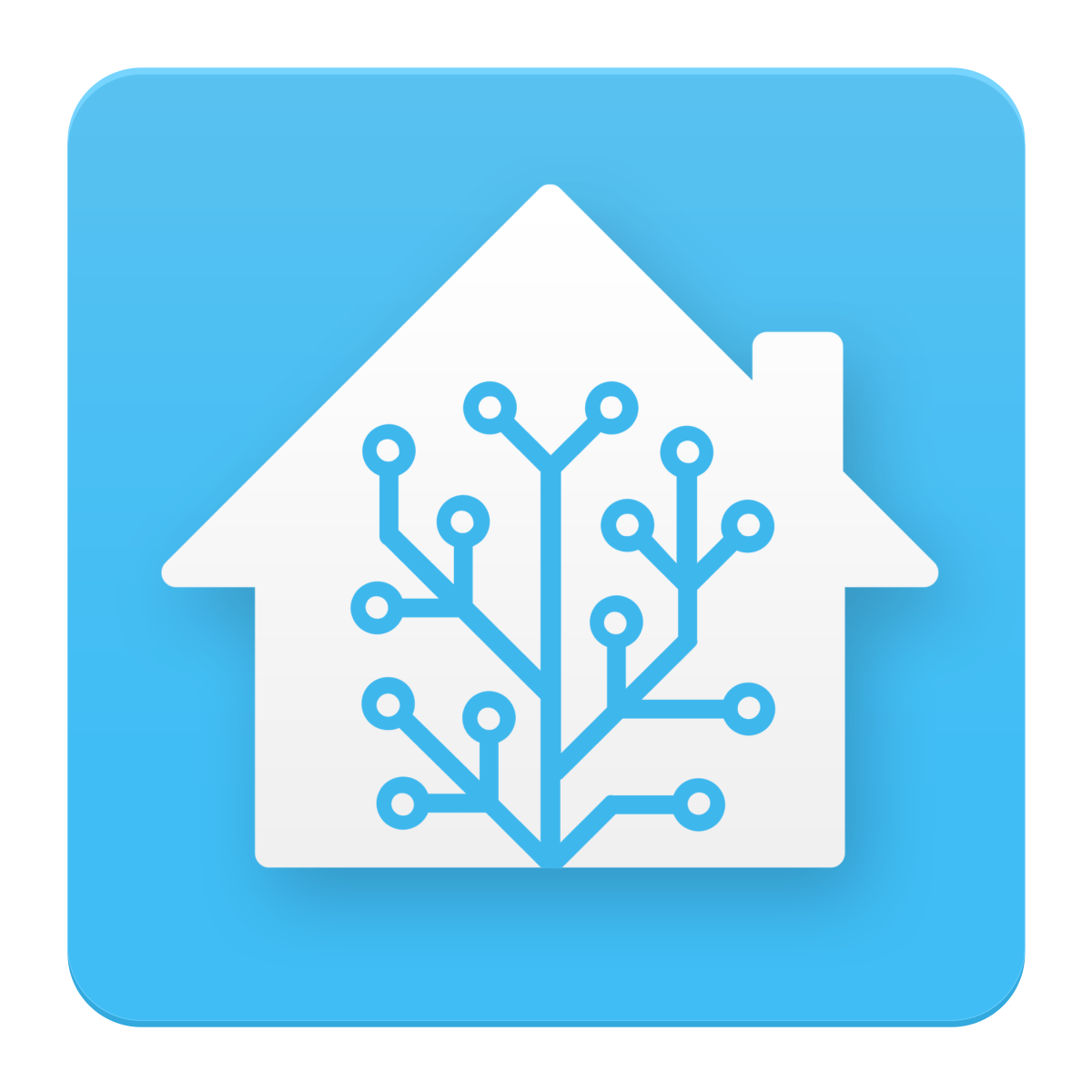Today technology permeates every aspect of our lives, the concept of a smart home has become increasingly popular. Home automation systems offer the promise of convenience, energy efficiency, and enhanced security. Among the wide array of options available, Home Assistant stands out as a powerful, open-source platform. Platform that enables seamless integration of various smart devices, making it a leading choice for homeowners.
Pros:
- Open-source and highly customizable platform.
- Supports a wide range of devices and protocols.
- Flexible automation capabilities with extensive integration options.
- Active and passionate community for support and development.
- Can be self-hosted on various platforms.
- Updates every month
Cons:
- Requires technical knowledge for setup and configuration.
- Steeper learning curve compared to user-friendly hubs.
- Requires more manual configuration and troubleshooting.
Supporting hardware

Home Assistant, found at home-assistant.io, is an innovative home automation platform that allows users to monitor, control, and automate their smart devices in a centralized and intuitive manner. What sets Home Assistant apart is its exceptional flexibility and compatibility with a vast range of devices and services, making it a true hub for all your smart home needs.
It can be installed one almost every computer, from Raspberry Pi, PC or everything that can support a docker container
User interface
One of the standout features of Home Assistant is its user-friendly interface and simple configuration process. With extensive documentation and a supportive community, getting started with Home Assistant is a breeze, even for those new to home automation. The platform offers intuitive control panels and customizable dashboards, allowing users to tailor their smart home experience to their specific preferences.

Home Assistant excels at integrating a diverse ecosystem of smart devices and services. This include lights, thermostats, security systems, cameras, voice assistants, and more. By supporting multiple protocols and communication standards, such as Zigbee, Z-Wave, Wi-Fi, and Bluetooth, Home Assistant ensures that users have the freedom to choose the devices that best suit their needs, without worrying about compatibility issues.
Home Assistant truly shines when it comes to automation and customization. Leveraging the power of its automation engine, users can create complex routines, triggered by specific events or time schedules. To automate various tasks in their smart home. Whether it’s turning off lights when no motion is detected or adjusting the thermostat based on occupancy, Home Assistant empowers homeowners to create personalized and intelligent automation scenarios.
Community
As an open-source platform, Home Assistant benefits from a vibrant and dedicated community of developers and enthusiasts. This thriving community continually contributes to the platform by developing add-ons, integrations, and custom components. These extensions further enhance the functionality of Home Assistant, allowing users to expand their smart home capabilities and integrate with additional services and platforms.
It takes privacy and security seriously, offering robust measures to protect user data and ensure a secure smart home. With options to operate locally without relying on cloud services, users have full control over their data, reducing the risk of unauthorized access and privacy breaches.
Conclusion
Home Assistant stands out as a leading platform that offers unrivaled flexibility, compatibility, and customization options. With its user-friendly interface, extensive device integration, and powerful automation capabilities. Home Assistant empowers homeowners to create their dream smart homes while enjoying convenience, efficiency, and enhanced control. Whether you’re a tech enthusiast or a novice in home automation, Home Assistant is the gateway to transforming your house into a seamlessly connected and intelligent home.



